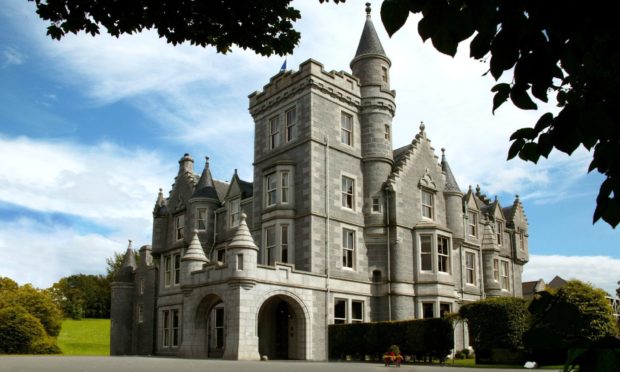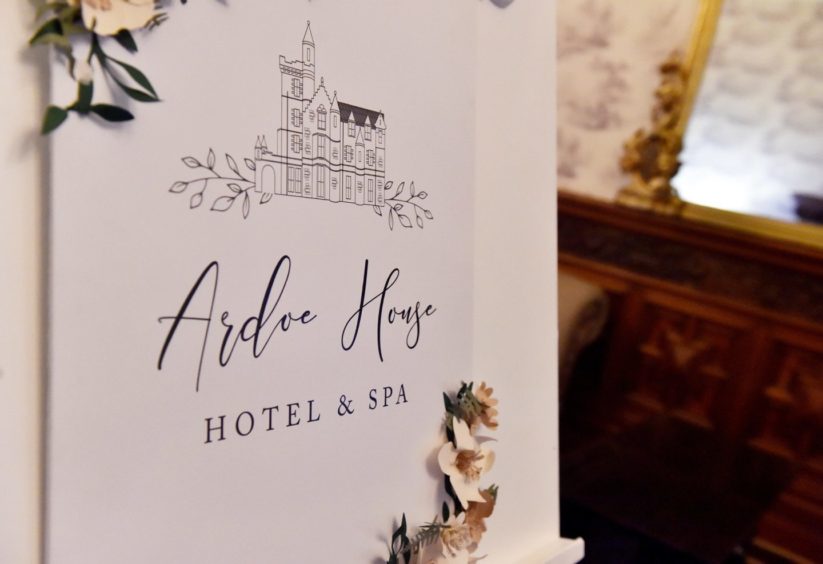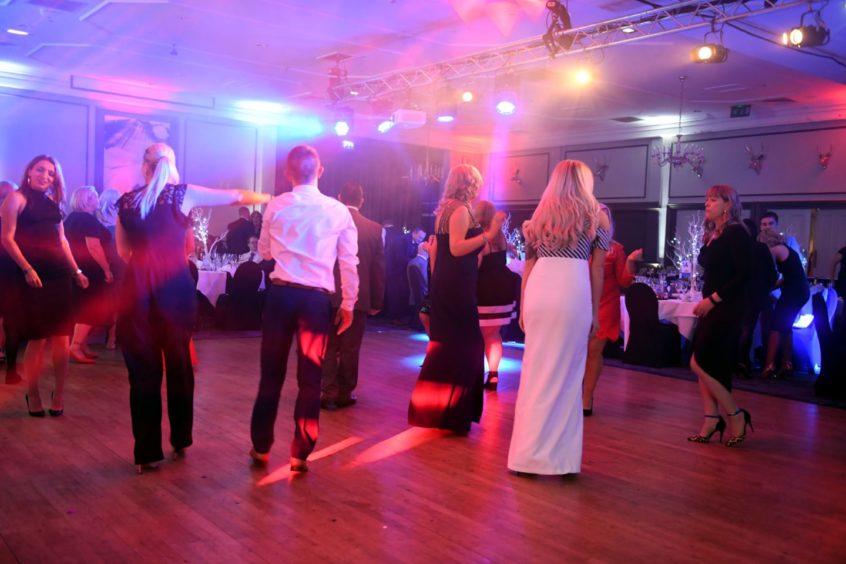One of the north-east’s best-known and most sorely-missed hotels, Ardoe House Hotel and Spa, will reopen this month after going bust late last year.
Ardoe, at Blairs, near Aberdeen, was put into voluntary liquidation last November, with all 68 staff losing their jobs.
It was last run by hotel chain Mercure – part of international hospitality group Accor.
We look forward to developing this Aberdeen institution as we protect its future.”
Rekha Sohun, 7 Hospitality Management
The historic, four-star hotel is reopening under the management of Perth-based 7 Hospitality Management (7H), whose portfolio also includes Brander Lodge Hotel, in Taynuilt, Argyll and Eight Acres Hotel, in Elgin.
In addition, 7H operates fitness clubs in Elgin and Dundee.
Ardoe was always a popular venue for functions, conferences and weddings, and its new operator said there is already a “healthy” list of events confirmed for 2021-22.
The luxury hotel – owned by Malaysian businessmen Wai Hin Choy and Wai Ceong Choy – will welcome guests back from Monday June 14, with its former manager, Chris Hodgens, reprising his role there.
Jobs returning
A recruitment drive is under way to fill 40 full-time jobs and create a “bank” of casual staff, with bosses expecting to deliver employment opportunities for nearly 70 people.
Mr Hodgens said: “The hotel is the subject of much affection, both locally and much further afield – and it goes without saying that we are delighted to be re-opening.
“With our first tour operator arriving later this month and a major conference taking place within the hotel in August. We look forward to showcasing the hotel in the light its best known for.
“We also look forward to welcoming locals back to our bar, outside terrace and restaurant.”
He added: “We will have a number of introductory offers running throughout the hotel to welcome guests.”
The hotel has confirmed that all event bookings made prior to closure, and for which deposits were paid, will be honoured over the coming year.
There are about 50 events due between opening day and the end of this year.
Refurbishment
The hotel and its grounds are also to undergo a two-phase redevelopment, starting with investment in infrastructure.
The refurbishment of guest rooms and public areas will be followed by a second, longer-term development phase focusing on the grounds and also the hotel’s health centre.
Rekha Sohun, chief commercial officer, 7H, said: “Following an incredibly difficult year for the tourism and hospitality sectors and as the UK begins to open up, we are excited to be bringing Ardoe House Hotel and Spa back to life.
“By reopening Ardoe’s doors to the public, as well as providing almost 70 jobs and additional supplier opportunities to local individuals and companies, we are reflecting the more positive times we find ourselves in.
“We look forward to developing this Aberdeen institution as we protect its future.”
The house that Soapy’s son built
Ardoe House is a 19th Century mansion set in 18 acres of parkland, with 120 rooms as well as restaurants and bars.
Its origins go back well before its conversion to a hotel in 1947. The land it was built on was gifted to Arbroath Abbey by Alexander II in 1244.
One of the most notable owners of the estate was the Rev William Guild, who bought Ardoe in 1631.
City centre legacy
Aberdonian-born Mr Guild was chaplain to King Charles I and gave his name to the Granite City’s Guild Street.
In 1839, the estate was bought by Aberdeen soap merchant Alexander Ogston, known as “Soapy” Ogston. It was his son, also Alexander, who built Ardoe House in 1878.
Ardoe House was designed by famed architect James Mathews, who took inspiration from the royal residence of Balmoral. It remained a family home until 1947, when it was converted to a hotel.
It built its reputation as an excellent place for visitors to stay. It was also a popular place for conferences, weddings and other social gatherings.
A sudden loss of income when public events were banned in March 2020, due to Covid-19, delivered a devastating blow.
Bosses said the coronavirus crisis was ‘the final straw’, at the time the business going into liquidation last November. This was after several years of struggling with the impact of a previous oil and gas downturn.



